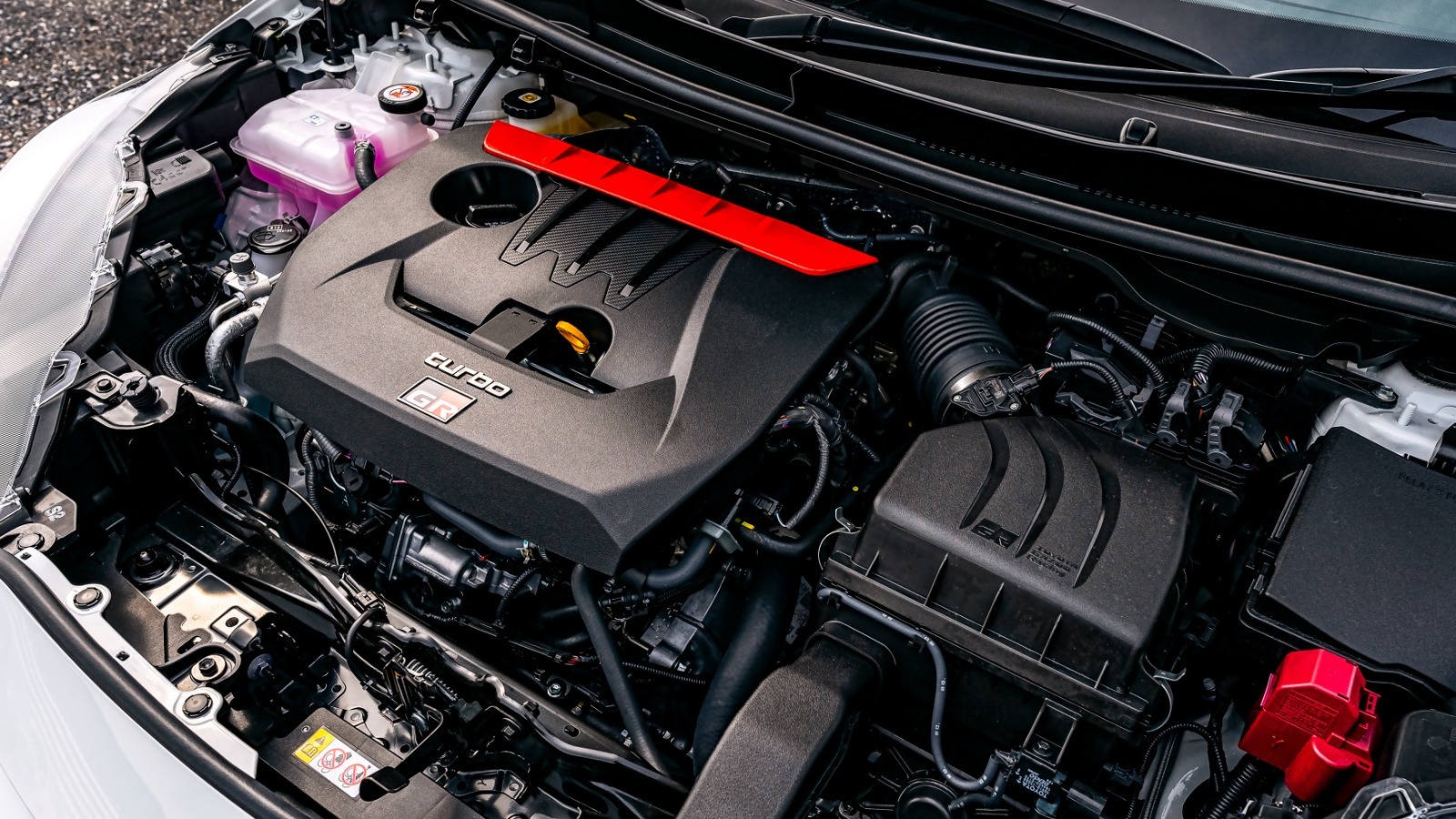With ever more compute power needed all over the world, Bell Labs has been tasked by the US Department of Energy (DoE) to develop ways of making data centres more energy efficient.
The firm, which will receive over $2m for its efforts, said it aims to deliver tech that will allow for “sustainable” growth while addressing data centre cooling energy efficiency and its related carbon footprint.
Now part of Nokia, Bell Labs was chosen by the Advanced Research Projects Agency-Energy (ARPA-E) within the DoE to develop a more efficient thermal energy architecture for data centres. The idea is to deliver a significant reduction in the energy required to cool down the racks, as well as capturing the waste heat for heating and cooling applications.
The award of $2,106,380 is part of the DoE’s OPEN 2021 programme, through which the agency is stumping up a total of $175m across 68 research and development projects that support novel approaches to clean energy challenges.
New approaches are needed because of the increasing demands for data centre workloads, thanks to trends such as cloud services and the ongoing digitalisation of services.
According to figures from the International Energy Agency (IEA), data centres and data transmission networks each account for approximately 1 per cent of global electricity use.
Rapid Improvements in energy efficiency have already helped constrain energy consumption from data centres, the IEA states, as workloads have actually expanded nine-fold since 2010, while energy consumption has only increased 10 per cent.
However, the IEA warns that strong government and industry efforts on energy efficiency will be needed in order to curb energy demand and emissions growth over this decade.
Nokia itself claims that automation is driving compute systems and 5G communication networks to expand at incredible rates, and in particular picks out the growing use of AI algorithms that often require even more compute power, at least during training.
It predicts that cooling energy requirements will expand beyond the current average of 30 per cent to 40 per cent of total power consumption unless something is done to address this. The goal of the ARPA-E research is therefore to limit energy required for cooling systems to 5 per cent or less of the total, while also cutting down on the need to consume precious water supplies.
According to Nokia, Bell Labs will work with the University of Illinois Urbana-Champaign and associate partners such as Carrier Global Corporation, a major provider of heating, ventilating and air conditioning (HVAC) systems.
In the project description, Nokia states that its researchers will pursue “a low-cost, passive two-phase cooling philosophy from chip-to-room scale and re-architect the compute infrastructure as a valuable, practical, and cost-effective heat source.”
- Facebook and Singapore teams looking for ways to get data centres relaxing in moist tropical climes
- Just add water: Efficient Energy’s HFC-free chillers arrive in the UK
- DeepMind AI bots tell Google to literally chill out: Software takes control of server cooling
- First, servers were deep-fried… now, engineers bring you wet ones
In other words, the research will look at ways of capturing the heat from IT infrastructure and using it to do other useful work.
Bell Labs Core Research president Peter Vetter said the goal was to find ways to allow for sustainable growth in data centre compute by reducing and re-using the energy that flows through the infrastructure.
“By using resources in a more efficient way, we will be able to increase our use of AI in our networks without requiring more energy than we use today,” he claimed.
Nokia said that it has committed to decreasing its own carbon emissions by 50 per cent by 2030, with targets covering operations, products in use, logistics, and final assembly supplier factories. ®
Note: This article have been indexed to our site. We do not claim legitimacy, ownership or copyright of any of the content above. To see the article at original source Click Here













